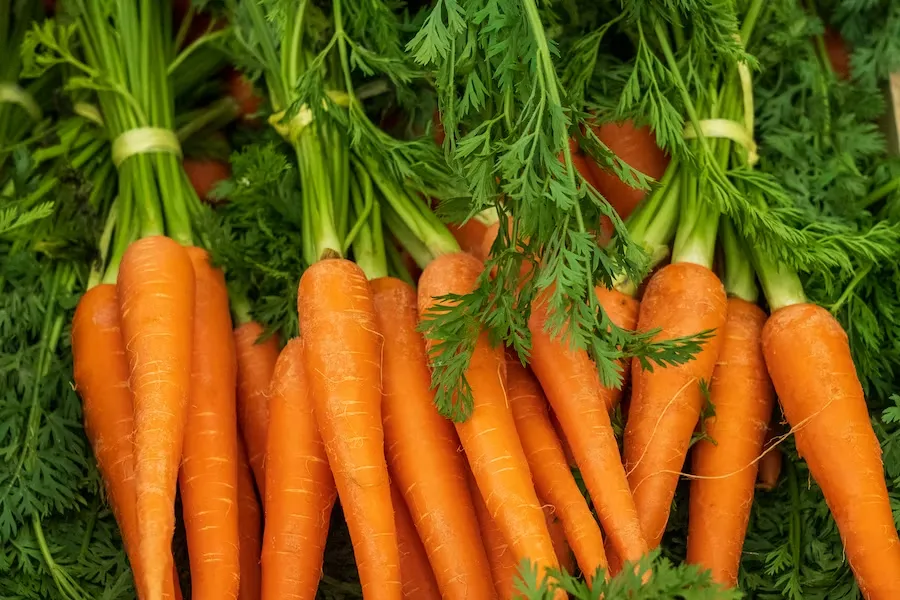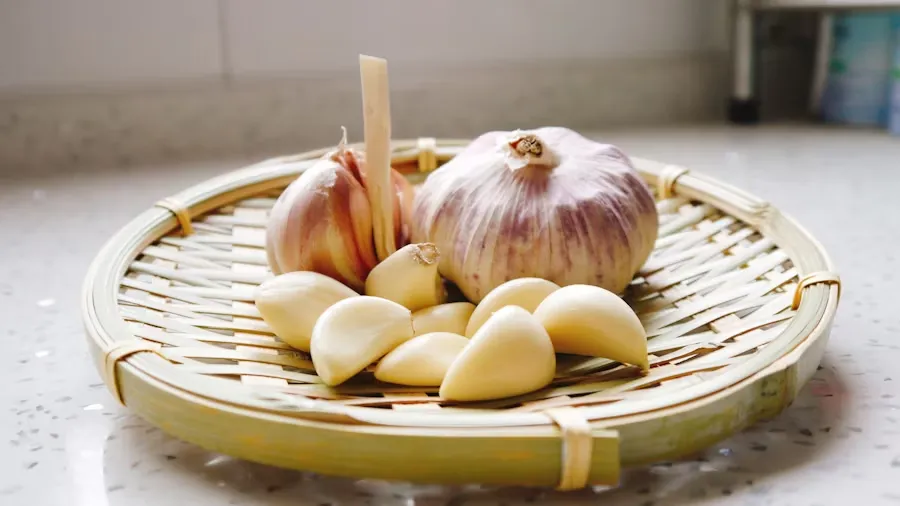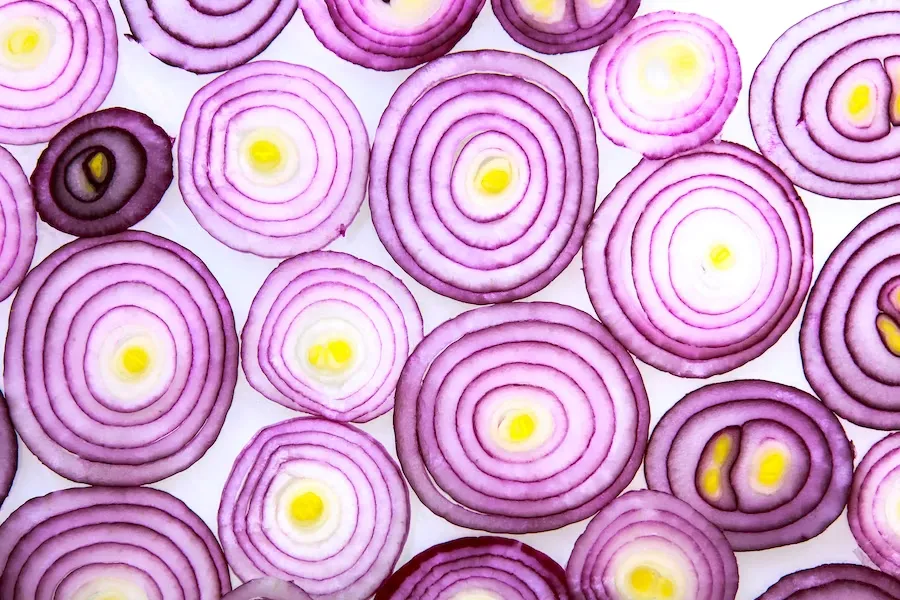Root vegetables, often hidden from our sight beneath the soil, are not just humble ingredients but nutritional powerhouses that bring a diverse array of flavors, textures, and essential nutrients to our culinary landscape. As we embark on this in-depth exploration, let’s peel back the layers and uncover the nuanced world of these underground wonders, understanding not only their characteristics but also the profound nutritional benefits they offer to enhance our overall well-being.
1. Beets: Vibrant Jewels of the Earth
Beets, with their vivid hues and earthy taste, are not only a visual delight but also a nutritional treasure trove. Beyond the standard red beets, the spectrum includes golden beets, each variety carrying its unique pigments and nutritional composition. Rich in nitrates, beets have been associated with potential benefits such as lowered blood pressure and improved exercise performance. A deeper dive into a 100g serving reveals a nutrient profile boasting 80 mcg of folate and 305 mg of potassium.
Key Insight: Beets, with their vibrant colors and nitrate content, offer both visual and nutritional richness.
2. Carrots: Nature’s Palette of Nutrients
Carrots, commonly known for their orange hue, surprise us with a diverse palette that includes white, red, purple, and even black varieties. Beyond the vivid colors, carrots are rich in carotenoids, specifically lutein and zeaxanthin, which contribute to eye health. In a 60g serving, revel in 494 mcg of Vitamin A, showcasing the nutritional depth of this seemingly simple root vegetable.
Key Insight: Carrots, with their diverse colors and carotenoid content, provide a feast for both the eyes and the body.

3. Daikon Radish: A Global Culinary Voyage
While daikon radish is a staple in East Asian cuisine, its journey extends far beyond, originating in the Mediterranean region. Known for its low-calorie content, daikon radish is a rich source of vitamin C and copper, making it a versatile ingredient in various cuisines. Its presence in Asian fermented dishes, such as kimchi, adds not only flavor but also a dose of healthful nutrients.
Key Insight: Daikon radish, with its global culinary influence, contributes both flavor and nutrition to diverse dishes.
4. Lotus Root: Crunchy Delight from the East
Lotus root, popular in East Asian culinary traditions, is not just about its crunchy texture but also its mildly sweet taste. With 109 kcal in a 125g cup, lotus root stands out as a fiber-rich choice. Delving into its nutrient composition, we find 27.40 mg of Vitamin C and 0.22 mg of copper, showcasing how this root vegetable brings both crunch and nutritional value to the table.
Key Insight: Lotus root, with its unique texture and nutrient richness, adds depth to various culinary creations.
5. Garlic: Culinary Alchemy with Health Benefits
Garlic, a small yet potent bulb vegetable, is not just a culinary essential but also a source of various health benefits. In a 100g serving, garlic provides 142 kcal and a nutrient ensemble that includes Vitamin B6, manganese, and selenium. Studies suggest its potential to lower blood pressure, showcasing how this flavorful ingredient transcends its culinary role.
Key Insight: Garlic, with its aromatic allure and potential health benefits, adds both taste and wellness to dishes.

6. Red Onion: Flavorful Elegance with Phytonutrients
Red onions, though often overshadowed by their yellow counterparts, bring a distinct flavor and a wealth of phytonutrients to the table. In a 197g serving, discover 87 kcal and notable phytonutrients like quercetin. This flavonol, with its potential health benefits, elevates red onions from mere flavor enhancers to nutritional contributors.
Key Insight: Red onions, rich in quercetin, not only enhance taste but also potentially support health and well-being.
7. Yellow Onion: Versatility in Every Bite
Yellow onions, enjoyed in their cooked state, offer culinary versatility with a nutritional punch. In a 128g serving, savor 44 kcal, moderate Vitamin C, and the quercetin punch. Research suggests cognitive benefits, turning this cooking essential into a delightful addition with potential brain-boosting perks.
Key Insight: Yellow onions, with their versatility and potential cognitive benefits, are more than just a cooking staple.
8. Jicama: Mexican Delight of Crunch and Flavor
Known as the ‘Mexican yam bean,’ jicama adds a delightful crunch and flavor to various dishes. With 38 kcal per 100g, jicama is not only versatile but also a good source of Vitamin C. From roasting to making chips, jicama brings a unique texture and nutritional boost to Mexican cuisine and beyond.
Key Insight: Jicama, with its crunchy appeal and Vitamin C content, stands out as a versatile and nutritious addition.
9. Parsnip: The Sweet Nutty Marvel
Parsnips, resembling white carrots but with distinct flavor notes, emerge as a nutritional marvel. In a 160g serving, enjoy 114 kcal and generous amounts of Vitamin C, folate, copper, and more. Their sweet and nutty flavor, coupled with culinary adaptability, positions parsnips as a versatile canvas for various delightful dishes.
Key Insight: Parsnips, with their unique flavor profile and nutritional richness, add depth to diverse culinary creations.

10. Turnip: Fiber-Rich Culinary Chameleon
Small, round, and boasting creamy or purple hues, turnips emerge as fiber-rich culinary chameleons. In a 230g cup, indulge in 51 kcal and a fiber-packed nutrient profile, including Vitamin C. The taste, ranging from bitter to mildly sweet, adds a layer of culinary intrigue, showcasing turnips as both nutritious and versatile.
Key Insight: Turnips, with their fiber content and varied taste profile, bring both nutrition and culinary versatility to the table.
As we incorporate these root vegetables into our culinary repertoire, we not only elevate the flavors on our plates but also embrace a diverse array of nutrients essential for our well-being. From the earthy goodness of beets to the culinary versatility of turnips, let’s fully immerse ourselves in the richness that root vegetables bring to our tables, turning each meal into a celebration of diverse flavors, textures, and nourishment.
Read Also:- Savor the Goodness of Heart-Healthy Soups




